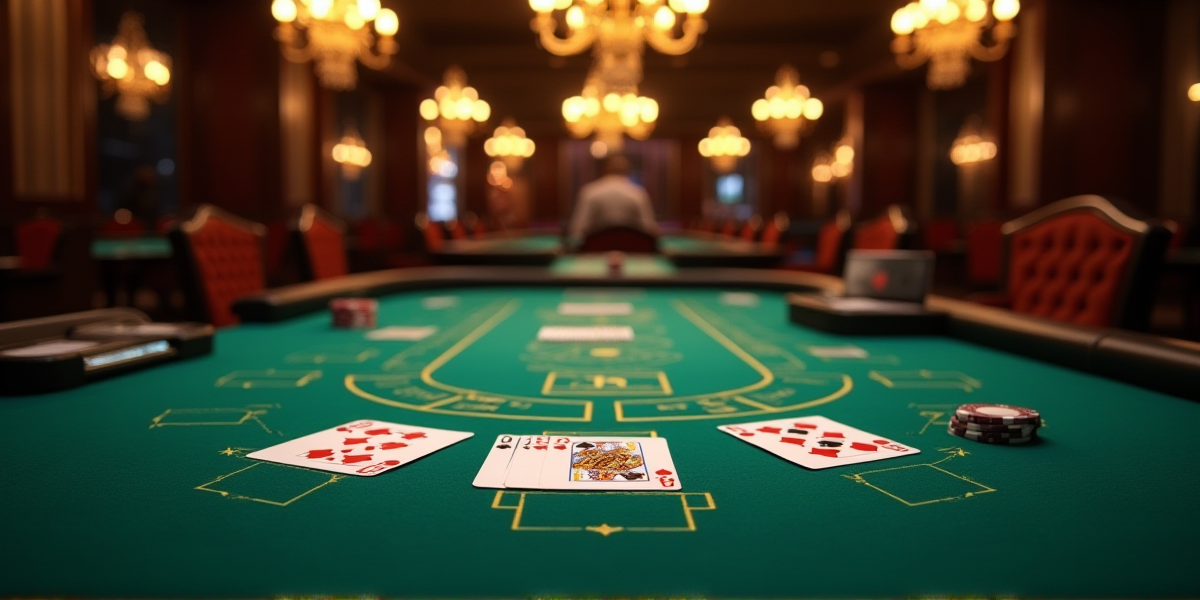A Beginner's Guide to How to Play Poker Like a Pro
Poker is a game that has been fascinating people for centuries, and its popularity continues to grow with each passing day. From casual games with friends to high-stakes tournaments, poker has become an integral part of modern entertainment. However, to truly enjoy the game and reap its rewards, one needs to master it. With practice and patience, anyone can become a skilled poker player. In this comprehensive guide, we will walk you through the essential strategies and tips to help you play like a pro.
Familiarize Yourself with Poker Rules and Essentials
Before diving into advanced techniques, it's essential to understand the fundamentals of poker. The game involves a standard deck of 52 cards, and players place bets on the strength of their hands. There are various poker variants, but Texas Hold'em is the most popular. A basic understanding of hand rankings is crucial, with the strongest hands being the Royal Flush, Straight Flush, Four of a Kind, Full House, Flush, Straight, Three of a Kind, Two Pair, One Pair, and High Card. Betting structures also vary, with the most common being No-Limit, Limit, and Pot-Limit.
Observing your opponents and understanding their betting patterns is vital. Take note of their aggression, conservativeness, and reaction to different situations. This will help you make informed decisions and gain an edge over them. Pay attention to their body language, as it can often reveal their hand strength.

Controlling Your Emotions and Body Language
A poker face is a crucial aspect of the game, allowing players to conceal their emotions and deceive opponents. A neutral expression can make it difficult for others to read your hand strength, making it harder for them to make informed decisions. To maintain a poker face:
- Practice emotional control: Manage your emotions, and avoid displaying excitement or frustration.
- Focus on your breathing: Deep breathing can help calm your nerves and reduce facial twitches.
- Avoid eye contact: Don't stare at your opponents, as this can give away your hand strength.
- Relax your body: Keep your posture relaxed, and avoid fidgeting or leaning forward.
- Wear sunglasses: This can help conceal your eyes, making it harder for others to read you.
Remember, a poker face is not just about hiding your emotions; it's also about projecting confidence and making your opponents doubt their own decisions.

Mathematics and Psychology Behind Successful Poker
Probability and odds calculation play a significant role in poker. Understanding the likelihood of certain hands can help you make better decisions. For instance, the odds of getting a Royal Flush are approximately 1 in 649,740. Knowing these probabilities will enable you to calculate the risk and make more informed bets.
Psychological aspects are equally important. Reading your opponents involves understanding their thought process and identifying patterns. Bluffing is an art that requires finesse, but when done correctly, it can be a powerful tool. Be cautious not to overbluff, as this can lead to opponents calling your bluffs more frequently.
Exploring Options Like Juventus Bet for Online Gaming
The rise of online poker has made it more accessible than ever. Platforms like Juventus Bet offer a seamless gaming experience, with features like:
- Variety of games: From Texas Hold'em to Omaha, you can play your favorite variant.
- Convenience: Play from anywhere, at any time, with internet access.
- Tournaments: Participate in scheduled tournaments or sit-and-go games.
- Bonuses and promotions: Take advantage of rewards and loyalty programs.
When choosing an online poker site, consider factors like security, payment options, and customer support. Juventus Bet, for instance, offers a user-friendly interface and competitive bonuses.
Elevating Your Game with Pro-Level Strategies
To take your game to the next level:
- Aggressive betting: Be selective with your aggression, as it can make opponents fold weaker hands.
- Position play: Adjust your strategy based on your position at the table, as this affects the number of players yet to act.
- Adapt to scenarios: Be prepared to change your strategy depending on the game's dynamics and opponents.
- Continuation bets: Use continuation bets to build the pot or narrow the field.
Conclusion
In conclusion, mastering poker requires dedication, patience, and practice. By understanding the basics, controlling your emotions, and developing a winning strategy, you'll be well on your way to becoming a skilled player. Remember to continuously learn and adapt to new situations. Don't be afraid to experiment and try new techniques – it's essential to stay ahead of the competition. Start practicing today, and apply the strategies learned in this guide to improve your poker skills. With persistence and the right mindset, you can play like a pro.

